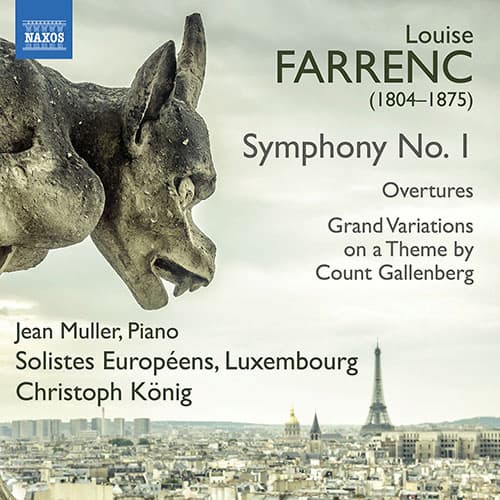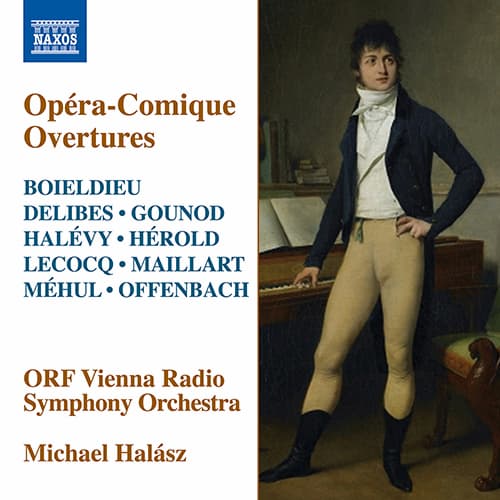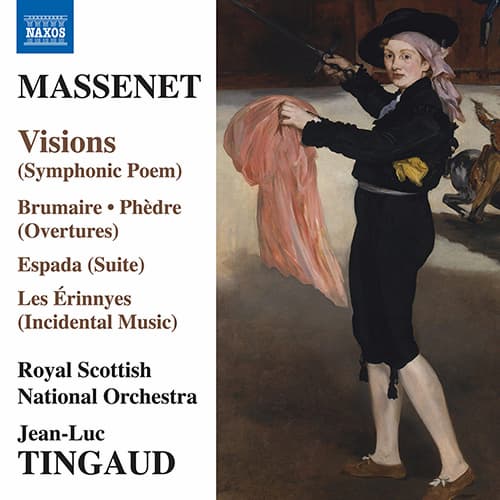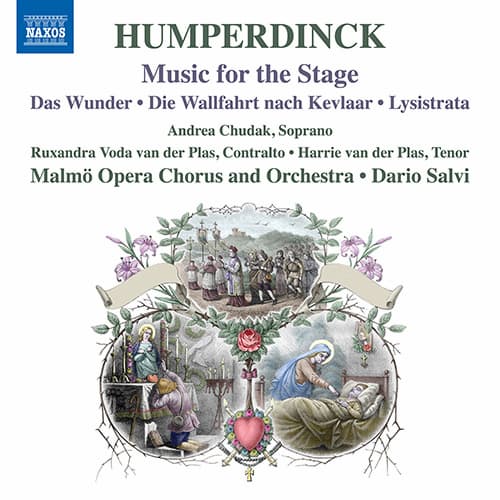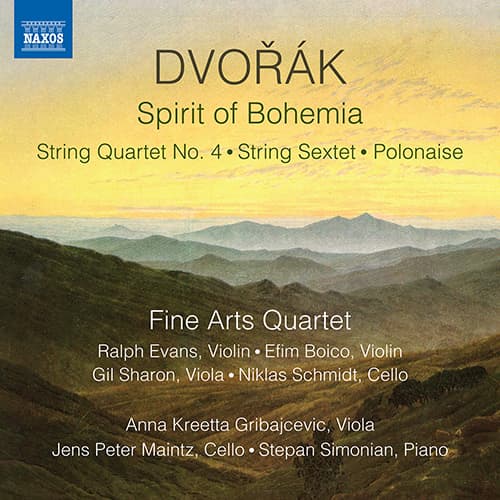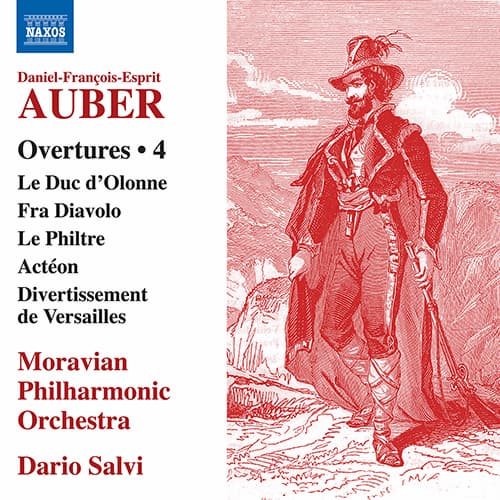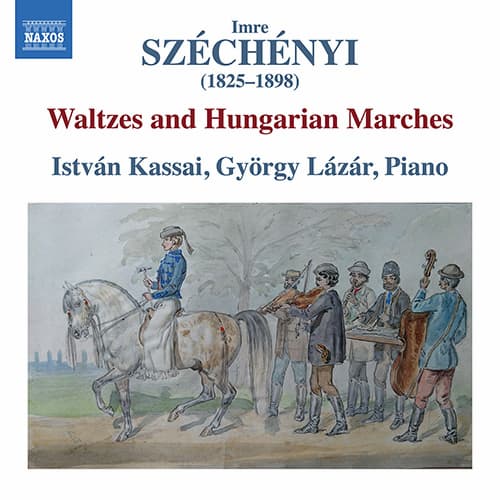Louise Farrenc, born Jeanne-Louise Dumont (1804–1875), studied piano first with Cécile Soria (who had studied with Clementi), then Ignaz Moscheles (a composition student of Salieri’s) and Johann Nepomuk Hummel (who had studied with Mozart). She studied composition with Anton Reicha,
My music
Set in Bohemia in the 11th century, The Bloody Nun is full of feuding families, escaping lovers, accidental eloping by the hero with the ghost of the title, and the real bride’s father revealed as the ghost’s kills, in short,
When we think of Jules Massenet (1842–1912), we principally think of the opera composer, the man behind 27 operas that became the realization of the French Belle-Époque, including Manon (1884), Werther (1892), and Thaïs (1894). However, he was also a
Franz Liszt’s Mephisto Waltz No. 1 takes the listener on a mad whirl through a town and out the other side, pushed by the piano into a frenzied dance. Liszt wrote a number of works entitled Mephisto Waltz, and they
Englebert Humperdinck (1854–1921), after his studies in Cologne and Munich, and further studies in France and Italy, became a follower of Wagner, whom he met in Italy in 1881. Wagner invited him to help with the preparation of Parsifal, and
When we think of Antonín Dvořák, we don’t think of him in relation to genres such as the polonaise, which we associate more with Chopin and the pianistic repertoire. But, in 1879, for the cellist Alois Neruda, he composed a
Daniel-François-Esprit Auber (1782–1871), working with the dramatist and librettist Eugène Scribe (1791–1861), was at the heart of 19th-century French opera. Auber and Scribe worked together for 41 years and through 39 operas. His specialty was grand historical drama, such as
Imre Széchényi (1825–1898) grew up in Vienna in fortunate circumstances. His father was chief court chamberlain to the mother of the future Franz Joseph I and Széchényi grew up with Franz Joseph and his brother, later Maximillian I of Mexico.

